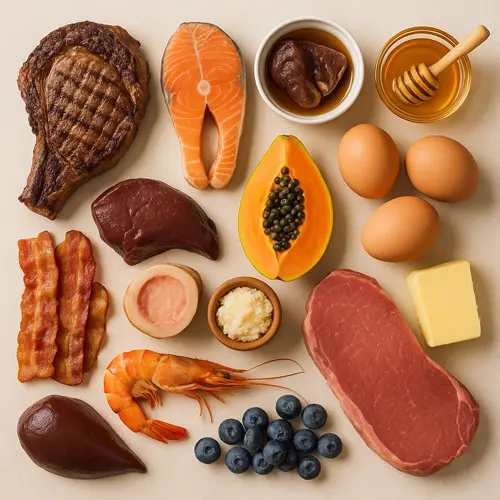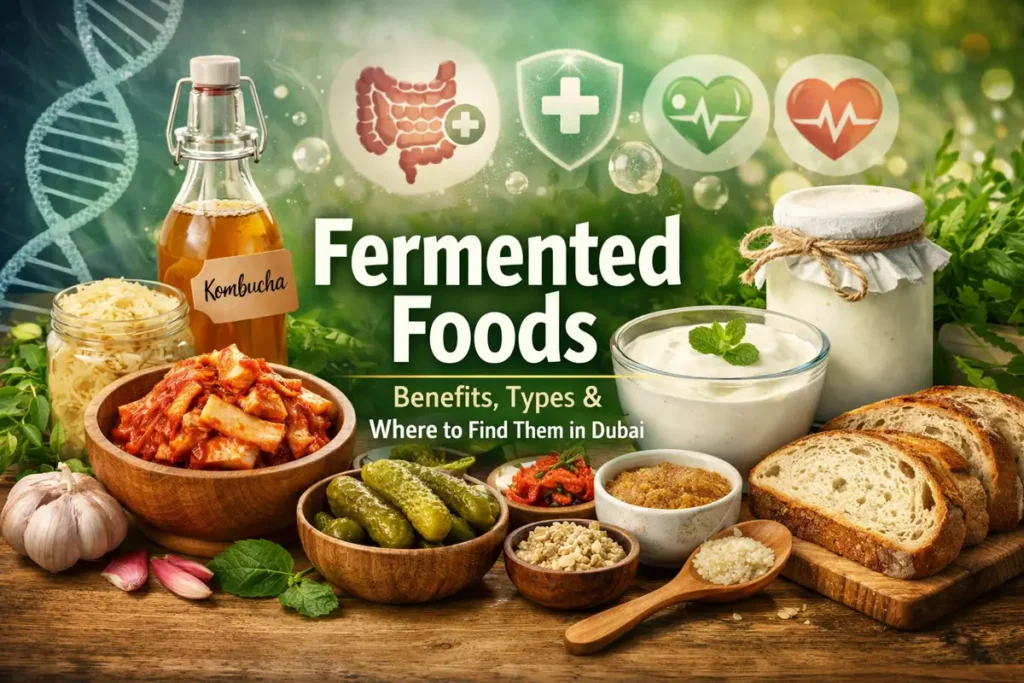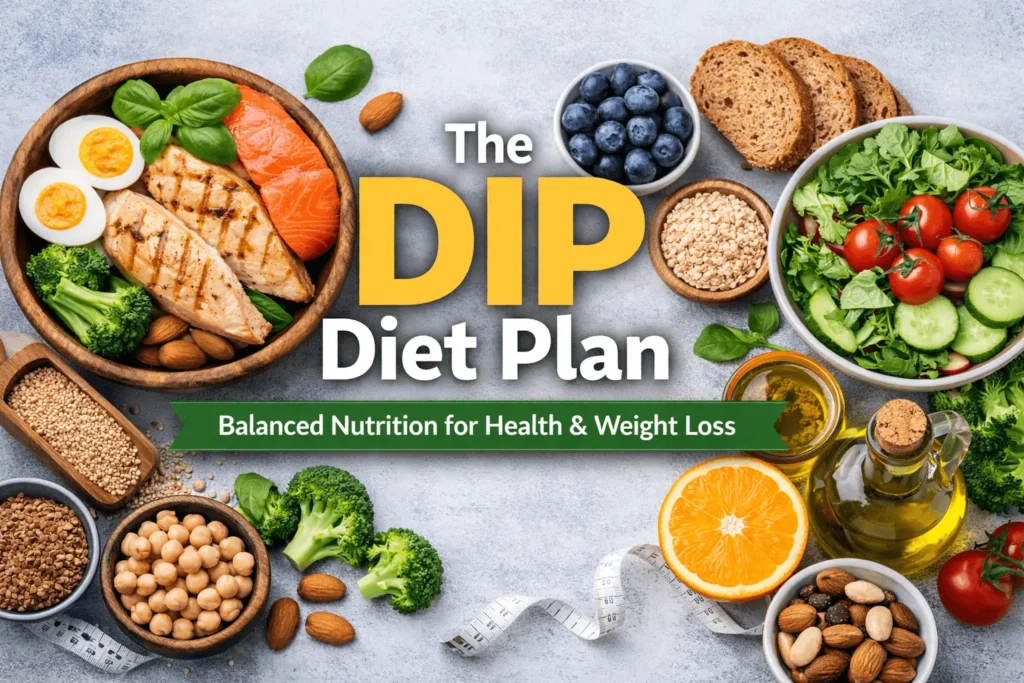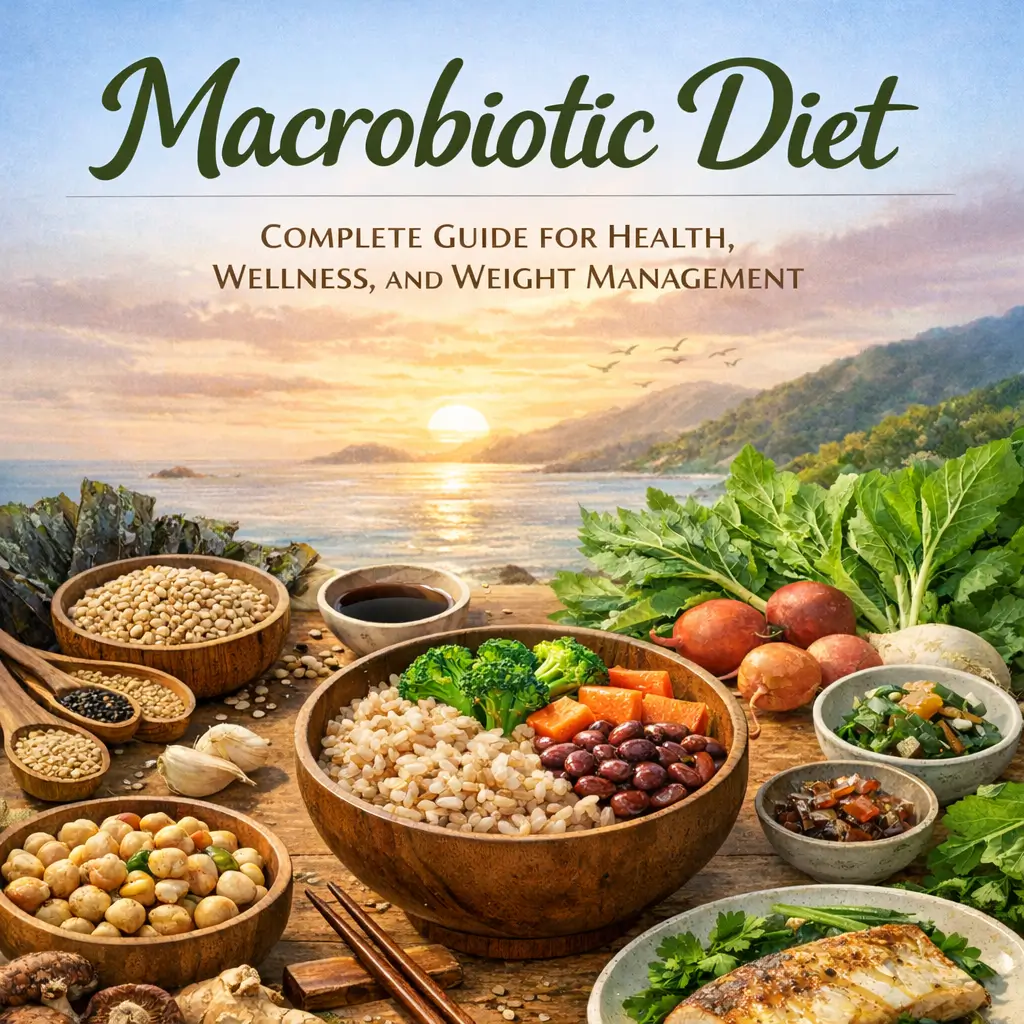Introduction: What Is an Animal-Based Diet?
In recent years, the animal-based diet has gained significant popularity among health-conscious individuals seeking natural ways to improve energy, reduce inflammation, and support weight loss. Rooted in the belief that animal products provide the most nutrient-dense and bioavailable forms of food, this diet focuses primarily on consuming meat, fish, eggs, and animal fats, often complemented by small amounts of fruit and raw honey. Unlike the carnivore diet—which eliminates all plant-based foods—the animal-based diet allows for limited plant inclusion, making it a more flexible and sustainable approach for many.
Supporters of the animal-based lifestyle argue that modern dietary habits—rich in processed foods, vegetable oils, and refined carbohydrates—have led to a rise in chronic health issues. By returning to a more ancestral, animal-centered way of eating, they believe the body can heal, function more efficiently, and thrive. Whether you’re looking to optimize your health, lose weight, or simply explore a new nutritional philosophy, this comprehensive guide to the animal-based diet will walk you through everything from food lists and meal plans to key benefits, rules, and frequently asked questions from platforms like Reddit.
🔸 Animal-Based Diet vs Carnivore Diet: Key Differences
While the animal-based diet and the carnivore diet may seem similar at first glance—both focusing on foods derived from animals—the two approaches have fundamental differences that impact flexibility, sustainability, and nutrient variety.
🔹 What Is the Carnivore Diet?
The carnivore diet is the most extreme form of animal-centered eating. It completely eliminates all plant-based foods, including fruits, vegetables, grains, legumes, nuts, and seeds. Followers of this diet consume only meat, fish, eggs, and animal fats. Some versions allow limited dairy, but most purists avoid it altogether. The carnivore diet is often used therapeutically for managing autoimmune diseases, chronic inflammation, gut disorders, and even mental health issues.
🔹 What Is the Animal-Based Diet?
In contrast, the animal-based diet is more flexible. While it still prioritizes nutrient-dense animal foods like red meat, organ meats, bone marrow, fish, eggs, and animal fats, it permits the inclusion of certain fruits, raw honey, and sometimes even limited dairy. This approach aims to combine the benefits of carnivorous nutrition with the micronutrient support found in select plant-based foods.
🔹 Main Differences
| Feature | Carnivore Diet | Animal-Based Diet |
|---|---|---|
| Plant Foods | Not allowed | Small amounts allowed |
| Fruits | Strictly avoided | Allowed in moderation |
| Fiber | None | Low to moderate (from fruits) |
| Sustainability | Difficult for some | More adaptable |
| Target Users | Those with chronic illness | Those seeking health & energy |
| Popularity on Reddit | High (r/carnivorediet) | Growing (r/AnimalBased) |
🔹 Insights from Reddit
A quick look at Reddit threads like r/AnimalBased and r/CarnivoreDiet reveals strong communities discussing both lifestyles. While carnivore followers often praise the elimination of digestive issues and inflammation, many animal-based diet users report better energy levels, fewer food restrictions, and improved mental well-being with the inclusion of fruits and raw honey.
learn more: Carnivore Diet: Complete Guide for Beginners, Meal Plans, Benefits, and Side Effects
Animal-Based Diet Benefits: Why People Love It
The animal-based diet is more than just a nutritional trend — it’s a return to the ancestral way of eating that focuses on highly bioavailable nutrients found in animal foods. From improved digestion to enhanced mental clarity, many people are turning to this diet for its broad range of health benefits. Let’s explore some of the key reasons why the animal-based diet has become a popular lifestyle choice for health enthusiasts and professionals alike.
🔹 1. Superior Nutrient Density
Animal foods — especially organ meats, bone marrow, and eggs — are incredibly rich in essential vitamins and minerals such as:
-
Vitamin B12
-
Iron (heme form, which is highly absorbable)
-
Zinc
-
Choline
-
Vitamin A (retinol)
-
Omega-3 fatty acids
These nutrients play critical roles in immune function, brain health, hormonal balance, and cellular repair. Compared to plant foods, animal-based sources are often more bioavailable, meaning your body absorbs them more efficiently.
🔹 2. Supports Weight Loss and Body Composition
Many people follow an animal-based diet for weight loss, and for good reason. High-protein, high-fat meals promote:
-
Satiety (feeling full for longer)
-
Stable blood sugar levels
-
Reduced cravings for processed carbs
By eliminating processed foods and refined carbohydrates, this diet helps control insulin levels and encourages the body to burn fat as fuel. This is particularly effective when paired with intermittent fasting or low-carb eating strategies.
🔹 3. Reduced Inflammation and Autoimmune Relief
One of the most commonly reported benefits of the animal-based diet is a noticeable reduction in inflammation. By removing inflammatory plant compounds such as:
-
Oxalates (found in spinach, almonds)
-
Lectins (found in legumes)
-
Phytates (found in grains)
…people with autoimmune diseases, arthritis, or chronic pain often experience dramatic symptom relief. Many Reddit users on r/AnimalBased and r/CarnivoreDiet have shared testimonials about reduced joint pain, eczema, and fatigue.
🔹 4. Improved Digestion and Gut Health
Although fiber is typically recommended for digestion, many animal-based diet followers find that eliminating fibrous plant matter actually improves gut function, especially for those with IBS, bloating, or constipation. This is because:
-
There are fewer fermentable carbs for gut bacteria to feed on
-
The gut lining has less exposure to plant toxins and anti-nutrients
🔹 5. Enhanced Mental Focus and Energy
A steady supply of healthy fats and complete proteins provides a stable source of energy without blood sugar crashes. Many people report:
-
Clearer thinking
-
Increased productivity
-
Better mood regulation
This is particularly true when meals are rich in saturated fats and cholesterol, which are essential for brain health.
Animal-Based Diet Rules and Guidelines
The animal-based diet may seem simple at first glance—just eat animal products—but for optimal results, there are some key rules and guidelines to follow. This section outlines what to eat, what to avoid, and how to structure your meals for long-term success.
🔹 1. Prioritize Animal Foods First
At the core of this diet is a strong emphasis on nutrient-dense animal products. Your meals should primarily include:
-
Muscle meat: beef, lamb, bison, chicken, turkey, pork
-
Organ meats: liver, heart, kidney, bone marrow
-
Seafood: salmon, sardines, oysters, mackerel
-
Eggs: ideally pasture-raised
-
Animal fats: tallow, lard, butter, ghee
These provide complete proteins and essential fats your body needs to thrive.
🔹 2. Include Fruits Strategically (Optional)
Unlike the strict carnivore diet, the animal-based diet allows certain fruits, especially those that are easier to digest and lower in plant toxins. Examples include:
-
Berries
-
Papaya
-
Mango
-
Pineapple
-
Honey (raw and unprocessed)
Fruits can provide a small amount of carbohydrates and antioxidants to support energy and hormonal balance. However, keep intake moderate to avoid blood sugar spikes.
🔹 3. Avoid Processed Plant Foods
One of the primary goals of this diet is to eliminate inflammatory and toxic plant compounds. Foods to avoid include:
-
Grains: wheat, corn, rice, oats
-
Legumes: beans, lentils, peanuts
-
Vegetable oils: soybean oil, canola oil, sunflower oil
-
Processed sugars: candy, soda, baked goods
-
Leafy greens high in oxalates: spinach, beet greens
These items can disrupt digestion, increase inflammation, and interfere with nutrient absorption.
🔹 4. Use High-Quality Sources
Whenever possible, choose:
-
Grass-fed and grass-finished beef
-
Wild-caught fish
-
Organic or pasture-raised eggs and poultry
-
Raw, unfiltered honey
-
Organic fruits without pesticides
Quality matters because it affects nutrient content and reduces exposure to toxins.
🔹 5. Stay Hydrated and Balance Electrolytes
Animal-based diets are naturally low in carbs, which means the body excretes more sodium and fluids. To stay balanced, ensure you’re consuming:
-
Salt (preferably sea salt)
-
Bone broth (rich in minerals)
-
Magnesium and potassium (if needed, through supplements or food)
Proper hydration and electrolyte intake can prevent fatigue, muscle cramps, and “keto flu”-like symptoms.
learn more: GOLO Diet: Complete Guide to Meal Plans, Side Effects, Reviews, and Recipes
Animal-Based Diet Food List: What to Eat and Avoid
Choosing the right foods is essential to getting the most out of your animal-based diet. This section provides a complete list of foods you can eat freely, foods to consume in moderation, and foods to avoid altogether. Whether you’re preparing meals at home or grocery shopping, this guide will help you stay on track.
🔹 Animal-Based Diet Food List (Eat Freely)
These are the foundation of the animal-based lifestyle:
✅ Meat and Poultry:
-
Beef (steak, ground beef, brisket)
-
Lamb
-
Bison
-
Pork (bacon, ribs, chops)
-
Chicken (especially thighs and wings)
-
Turkey
✅ Organ Meats:
-
Liver (beef, chicken, lamb)
-
Heart
-
Kidney
-
Brain (for the brave!)
-
Bone marrow
✅ Fish and Seafood:
-
Salmon (wild-caught preferred)
-
Sardines
-
Mackerel
-
Anchovies
-
Oysters, clams, mussels
-
Shrimp, lobster
✅ Eggs:
-
Chicken eggs
-
Duck eggs
-
Quail eggs
✅ Animal Fats and Dairy (if tolerated):
-
Tallow (beef fat)
-
Lard (pork fat)
-
Butter (preferably grass-fed)
-
Ghee
-
Raw or full-fat dairy (milk, cheese, kefir, yogurt)
✅ Fruits (in moderation):
-
Papaya
-
Mango
-
Pineapple
-
Berries (blueberries, raspberries)
-
Watermelon
-
Banana (occasionally)
-
Raw honey (limited use)
🔹 Foods to Limit (Consume Sparingly)
These foods may be acceptable for some people, but are not central to the diet:
-
Dairy if you’re lactose intolerant
-
Coffee or tea (plant-based but tolerated by some)
-
Coconut oil or olive oil (used occasionally)
🔹 Foods to Avoid Entirely
These are excluded from the animal-based diet due to their inflammatory or anti-nutrient properties:
❌ Grains:
-
Wheat
-
Rice
-
Oats
-
Corn
❌ Legumes:
-
Beans (black, pinto, kidney)
-
Lentils
-
Chickpeas
-
Peanuts
❌ Processed Foods:
-
Packaged snacks
-
Fast food
-
Vegetable oils (canola, soybean, corn oil)
-
Refined sugar and sweeteners
❌ High-oxalate greens:
-
Spinach
-
Swiss chard
-
Beet greens
❌ Seed-based foods:
-
Almonds
-
Chia seeds
-
Flaxseeds
🔸 Want This in Printable Format?
📄 Download the full Animal-Based Diet Food List PDF
A clean, printable chart that helps you shop smart and build the right meals.
Animal-Based Diet Meal Plan: 7-Day Sample Menu
Designing a weekly animal-based diet meal plan helps you stay consistent and organized. This 7-day menu provides a simple, nutrient-dense guide with meals built around high-quality animal products and optional fruits. It’s ideal for beginners or anyone who wants a structured approach to starting the diet.
✅ General Guidelines:
-
Main components: meat, organ meats, fish, eggs, animal fats
-
Optional additions: small servings of fruits and raw honey
-
Cooking methods: grill, roast, pan-fry in animal fat; avoid vegetable oils
-
Drink: Water, bone broth, optional herbal tea
📅 Day 1
-
Breakfast: Scrambled eggs in butter with beef liver
-
Lunch: Grilled ribeye steak + a few slices of papaya
-
Dinner: Salmon filet with a spoon of raw honey
-
Snack: Bone broth
📅 Day 2
-
Breakfast: Omelet with ground lamb and ghee
-
Lunch: Chicken thighs roasted in tallow + pineapple chunks
-
Dinner: Beef heart with sea salt
-
Snack: Greek yogurt (if tolerated)
📅 Day 3
-
Breakfast: Hard-boiled eggs and bacon
-
Lunch: Bison burger patties with bone marrow
-
Dinner: Sardines with butter + watermelon cubes
-
Snack: Boiled shrimp
📅 Day 4
-
Breakfast: Liver pate on a spoon with ghee coffee
-
Lunch: Roasted duck legs + mango slices
-
Dinner: Ground beef bowl with raw egg yolk
-
Snack: Raw honey and berries
📅 Day 5
-
Breakfast: Fried eggs with tallow and beef kidney
-
Lunch: Pork ribs with grilled pineapple
-
Dinner: Oxtail stew (slow-cooked in bone broth)
-
Snack: Kefir (optional)
📅 Day 6
-
Breakfast: Salmon and scrambled duck eggs
-
Lunch: Grilled lamb chops with honey drizzle
-
Dinner: Chicken wings in butter with berries
-
Snack: Jerky (homemade or clean-label)
📅 Day 7
-
Breakfast: Boiled eggs and leftover oxtail
-
Lunch: Turkey thighs + banana slices (optional)
-
Dinner: Mussels and steak combo
-
Snack: Raw cheese + bone broth
📝 Tips for Success:
-
Batch-cook meats and freeze portions
-
Carry jerky or boiled eggs as travel snacks
-
Rotate organ meats to balance nutrients
-
Adjust fruit/honey based on your carb tolerance
Animal-Based Diet with Fruit: Is It Still Animal-Based?
One common question among newcomers to the animal-based diet is whether including fruits still fits within the framework of an animal-centered eating plan. The short answer is yes—many versions of the animal-based diet allow for moderate fruit consumption, especially fruits that are lower in sugar and easier to digest.
🔹 Why Include Fruit?
While the diet’s foundation is animal products, fruits can provide:
-
Natural sugars for quick energy
-
Antioxidants to combat oxidative stress
-
Vitamins and minerals that complement animal foods
-
Fiber in small amounts, which some people tolerate well
🔹 Which Fruits Are Best?
Typically, the following fruits are preferred on an animal-based diet with fruit:
-
Berries (blueberries, raspberries, blackberries)
-
Papaya
-
Mango
-
Pineapple
-
Watermelon
-
Occasionally banana and apple in small portions
These fruits are generally less likely to cause digestive upset and are rich in nutrients.
🔹 Balancing Fruit Intake
Since fruits contain natural sugars, it’s important to consume them in moderation to avoid blood sugar spikes. Many followers of the animal-based diet keep fruit intake to one or two servings per day, often paired with a meal rich in protein and fat to slow sugar absorption.
🔹 Personalization Is Key
Each individual’s tolerance varies. Some thrive with a bit of fruit, while others may feel better avoiding it altogether. Experimenting and listening to your body is essential.
Animal-Based Diet PDF and Calculator: Tools to Get Started
Starting a new diet can be overwhelming, especially when it involves specific food choices and macronutrient balances. Luckily, many tools are available to help you successfully adopt and maintain the animal-based diet. From downloadable PDFs to handy calculators, these resources simplify meal planning and tracking.
🔹 Animal-Based Diet PDF Guides
One of the most useful resources for beginners is a comprehensive PDF guide that includes:
-
Detailed food lists
-
Sample meal plans
-
Shopping lists
-
Tips for dining out and staying on track
Having this guide in PDF format allows easy access on any device, printable options for quick reference, and the ability to share with family or friends.
Many websites and health coaches offer free or paid animal-based diet PDF downloads. These typically include the essentials you need for a successful start.
🔹 Animal-Based Diet Calculator
Tracking your intake of calories, protein, fat, and carbs is vital to ensure you’re meeting your nutritional goals. An animal-based diet calculator helps by:
-
Estimating your daily macronutrient needs based on age, weight, activity level, and goals
-
Allowing you to input foods eaten and get a nutritional breakdown
-
Helping adjust your meal plan to optimize for weight loss, muscle gain, or maintenance
Several online calculators and apps are tailored specifically for low-carb and animal-focused diets, making it easier than ever to customize your eating plan.
Animal-Based Diet on Reddit: What Real Users Say
When exploring any diet, hearing real-world experiences can provide invaluable insights. The animal-based diet has a vibrant community on Reddit, with dedicated forums like r/AnimalBased and related groups such as r/CarnivoreDiet, where users share their journeys, challenges, and successes.
🔹 Common Positive Experiences
Many Reddit users report:
-
Significant weight loss without feeling deprived
-
Reduced inflammation and relief from autoimmune symptoms
-
Improved digestion and less bloating
-
Increased energy levels and mental clarity
-
Easier adherence compared to stricter diets due to flexibility with fruits
🔹 Challenges Shared by Users
While many praise the diet, some also mention:
-
Initial adaptation period with possible fatigue or “keto flu”
-
Social challenges eating out or attending events
-
Finding quality, affordable animal products
-
Managing fruit intake without spiking blood sugar
🔹 Tips from the Community
Experienced followers recommend:
-
Starting slowly and listening to your body
-
Prioritizing organ meats for micronutrients
-
Using bone broth for hydration and minerals
-
Joining Reddit communities for support and recipe ideas
Engaging with these Reddit groups provides motivation and practical advice, helping newcomers avoid common pitfalls.
Conclusion: Is the Animal-Based Diet Right for You?
The animal-based diet offers a flexible and nutrient-dense approach to eating that emphasizes whole animal foods and allows for limited fruit intake. Compared to the more restrictive carnivore diet, it provides additional variety and micronutrients while still eliminating many inflammatory and processed foods.
This diet has helped many people achieve weight loss, reduce inflammation, improve digestion, and boost mental clarity. However, like any dietary change, it requires attention to quality food sources, moderation, and listening to your body’s signals.
If you are considering trying the animal-based diet, start with a clear plan, consider using resources like PDFs and calculators, and connect with communities such as Reddit for support and motivation. Always consult with a healthcare professional or nutritionist, especially if you have underlying health conditions.
Ultimately, the animal-based diet can be a powerful tool to improve your health, but personalization and balance are key to making it sustainable and enjoyable for the long term.






